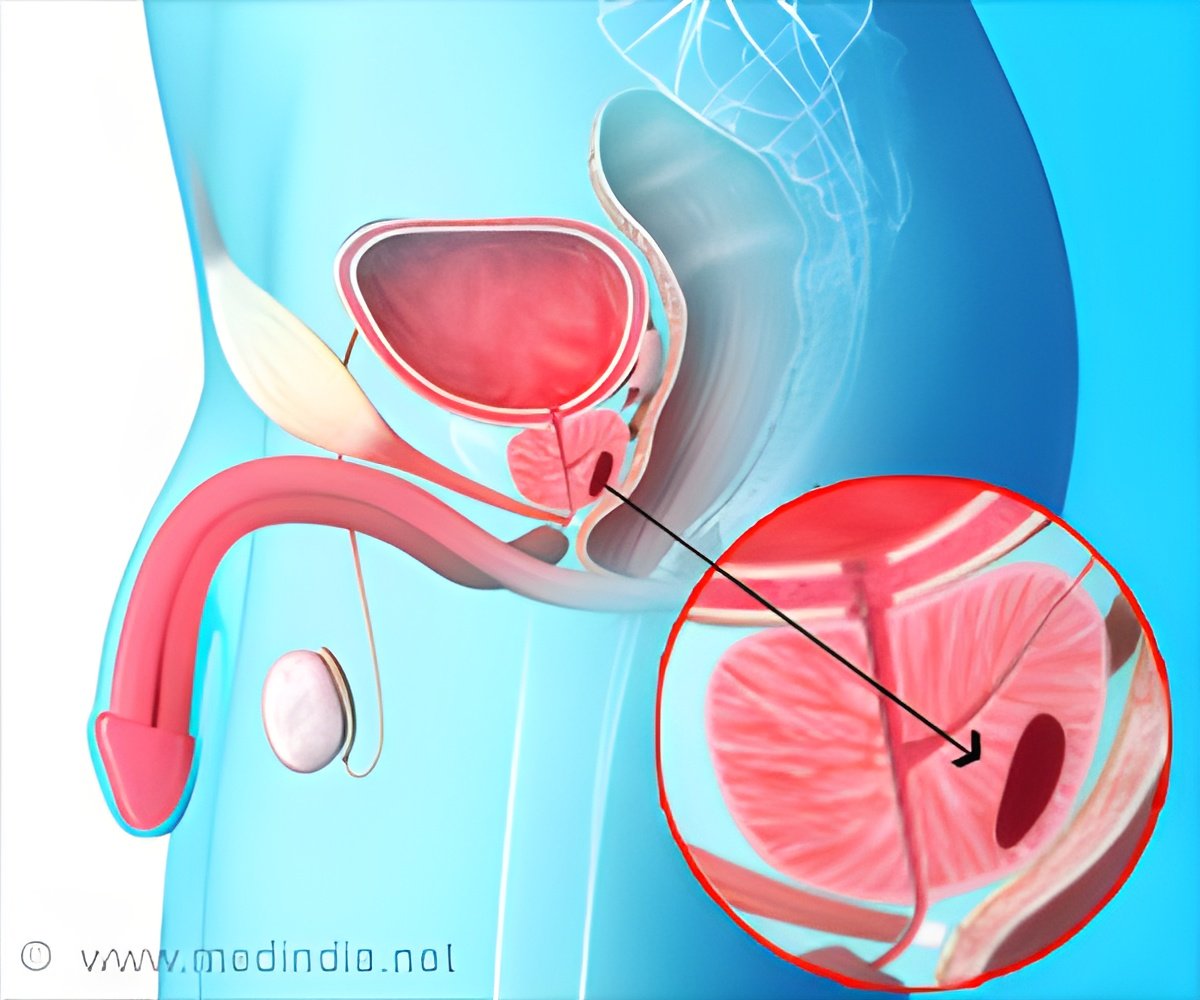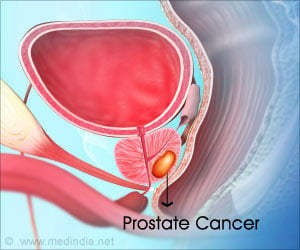Novel PET imaging agent copper-64 chloride (64CuCl2) can target copper accumulation in tumors and can detect prostate cancer at an earlier stage even in patients with low prostate-specific antigen (PSA) level.

‘Copper-64 chloride (64CuCl2) has a higher detection rate than fluorine-18-choline (18F-Choline) in patients with low prostate-specific antigen (PSA) level.’





"This is the first time this novel agent has been compared with 18F-Choline-PET/CT in a considerable number of prostate cancer patients with biochemical relapse," explains Arnoldo Piccardo, of E.O. Ospedali Galliera in Genoa, Italy. He points out, "Early detection of prostate cancer relapse may improve the clinical management of patients, for example implementing early salvage radiotherapy." The effective dose of 64CuCl2 was determined to be 5.7 mSv, similar to those of other established PET tracers (although higher than for 18F-Choline, which is 4 mSv). Unlike 18F-Choline, 64CuCl2 is neither accumulated in, nor excreted from, the urinary tract (main uptake is in the liver); this allows for thorough pelvic assessment, increasing the possibility of identifying small lesions close to the bladder. No adverse reactions were observed after the injection of 64CuCl2, and results show that 64CuCl2-PET/CT has a higher detection rate than 18F-Choline-PET/CT in patients with low levels of PSA (<1 ng/ml).
"This study determined that the biodistribution of 64CuCl2 is more suitable than that of 18F-Choline for exploring the pelvis and prostatic bed," says Piccardo. "In patients with biochemical relapse and a low PSA level, 64CuCl2-PET/CT shows a significantly higher detection rate than 18F-Choline-PET/CT." He reports, "Larger trials with this PET tracer are expected to further define its capabilities and role in the management of prostate cancer."
Source-Eurekalert















